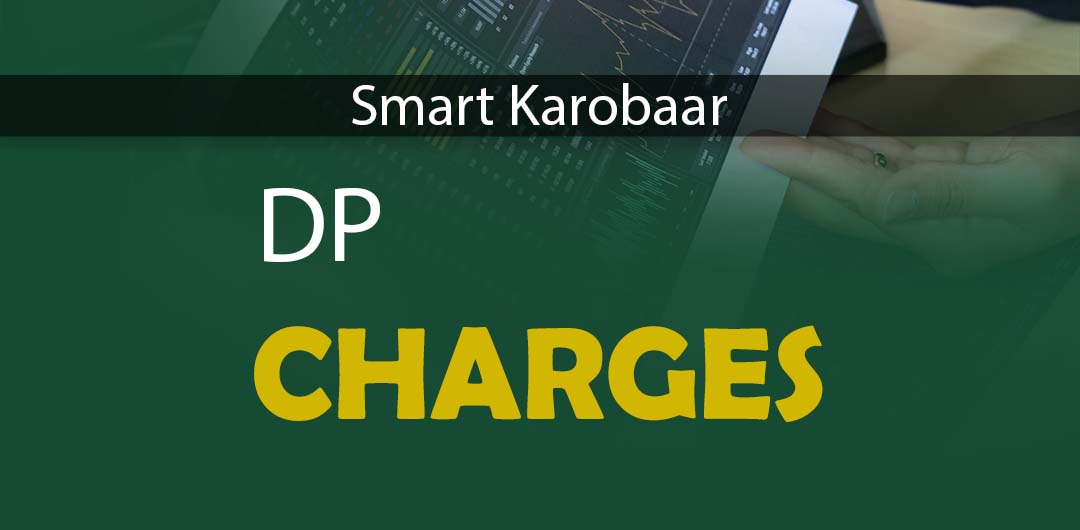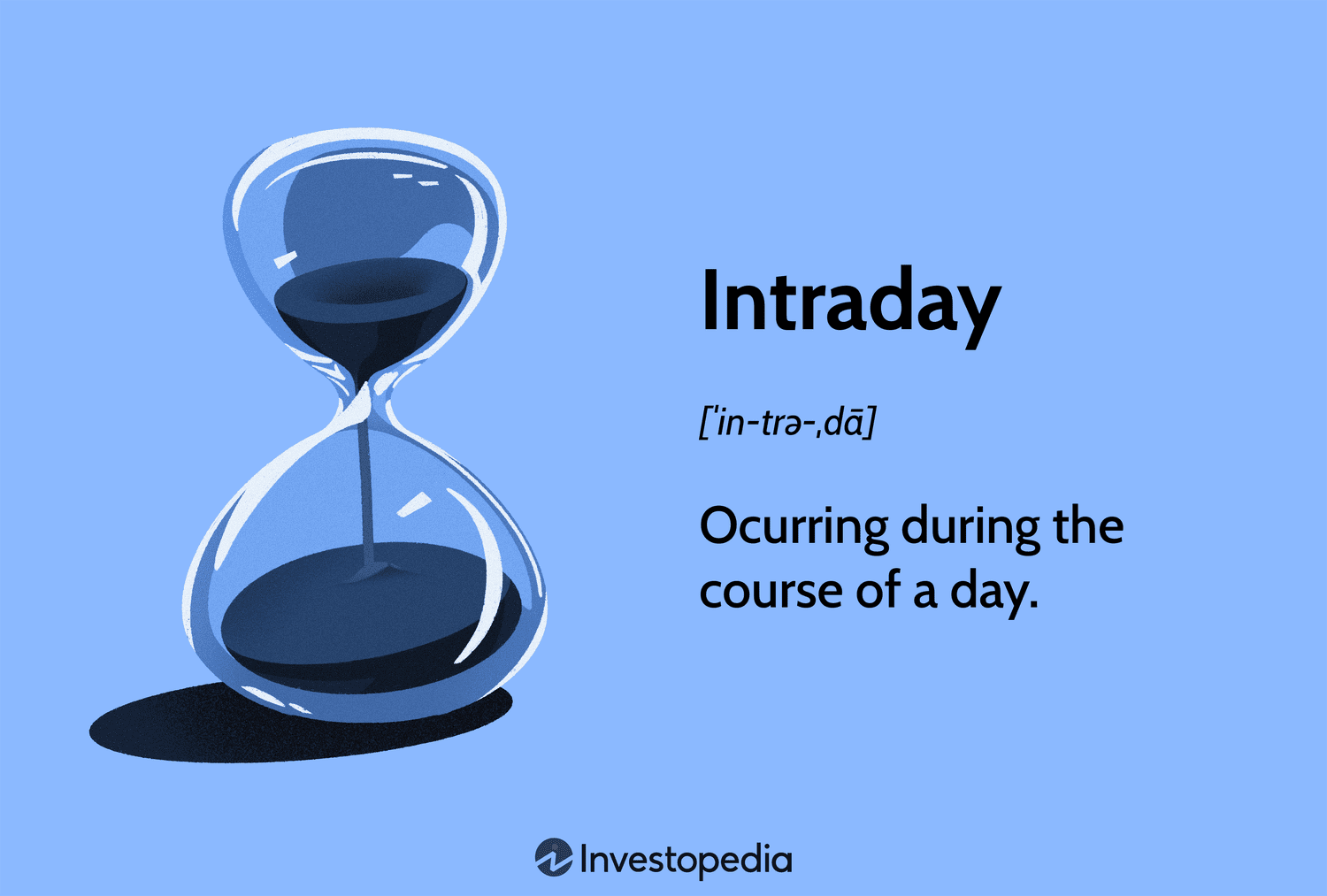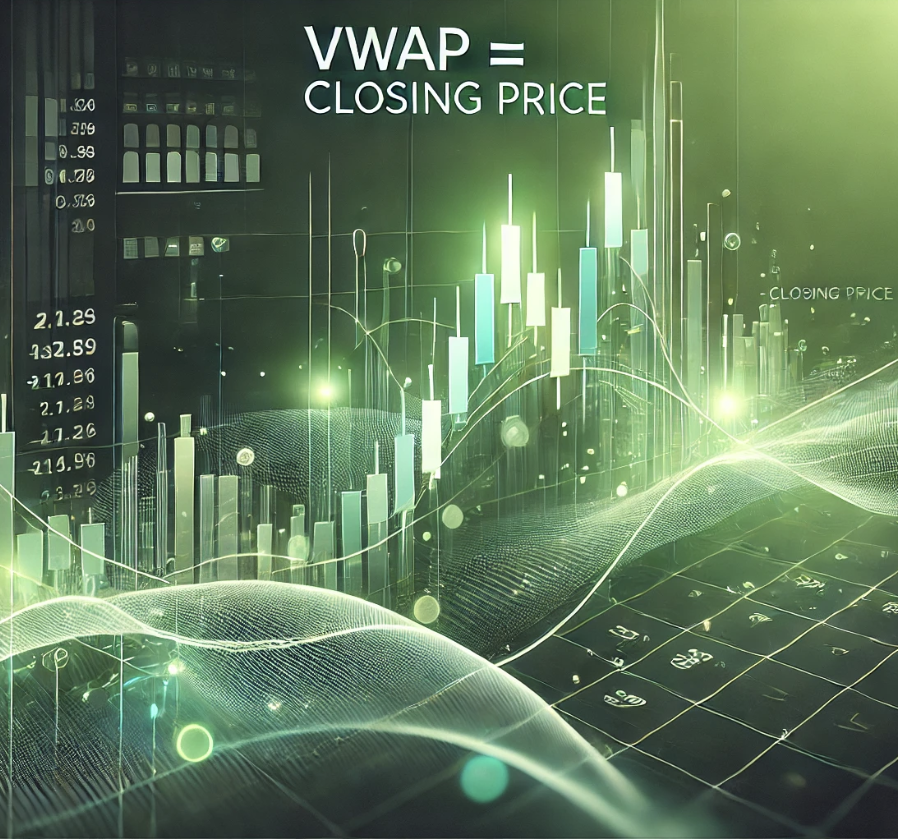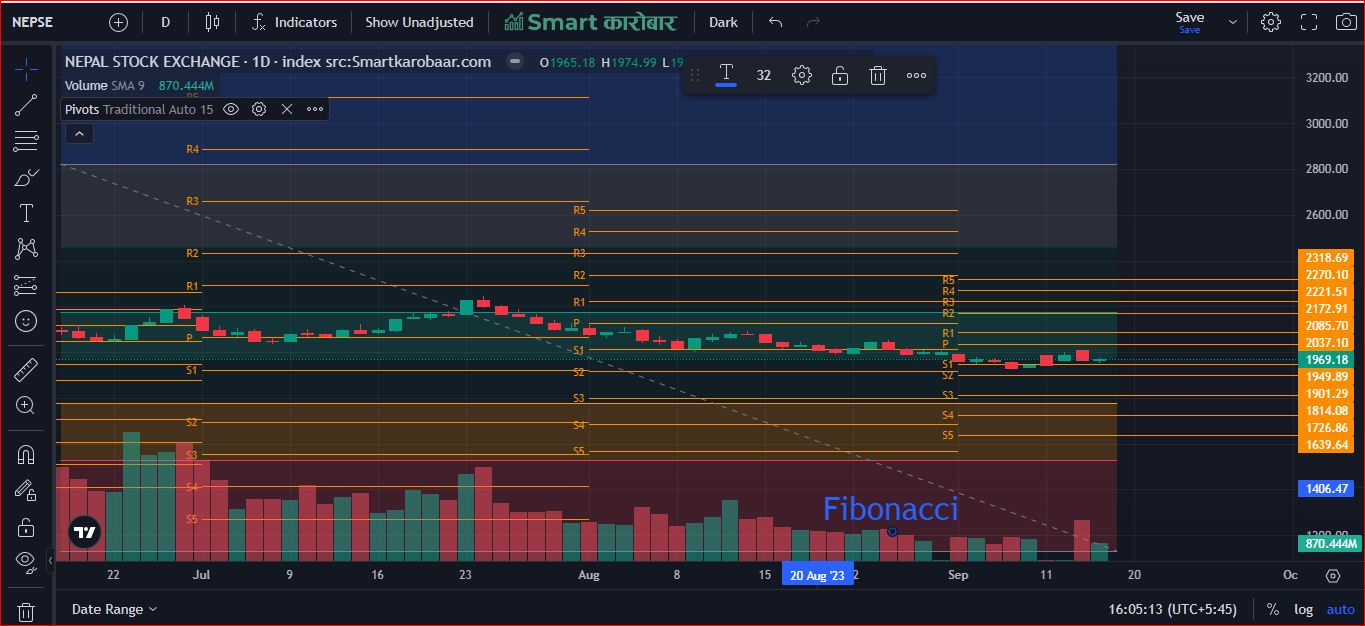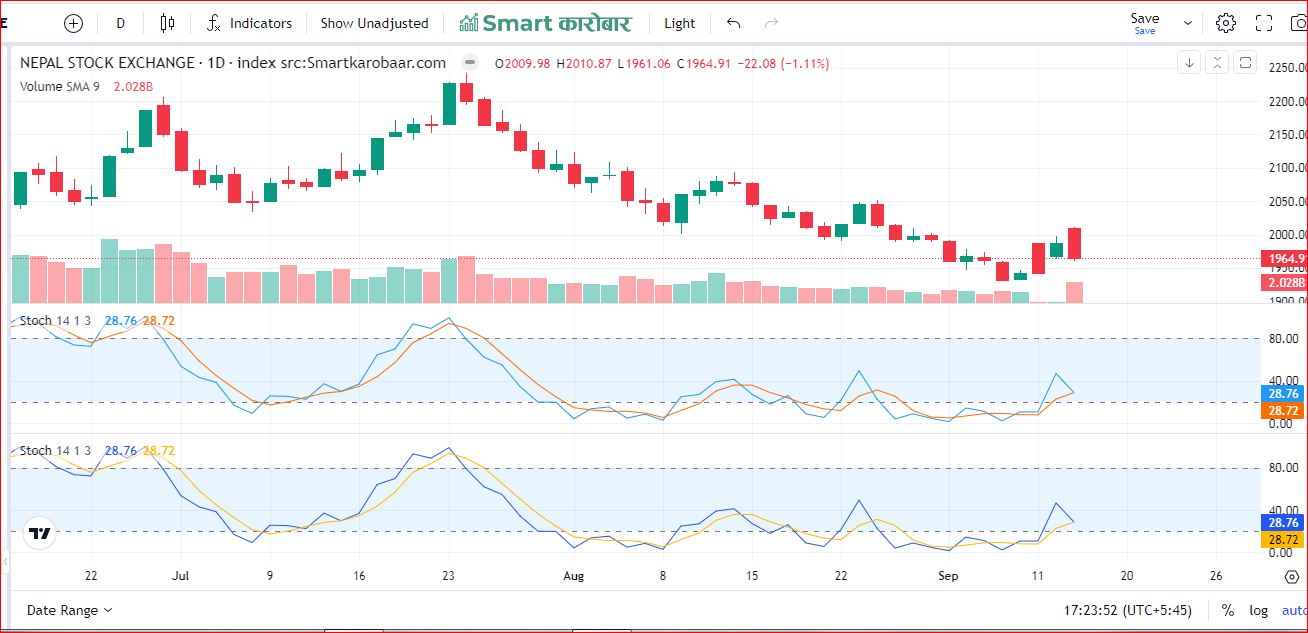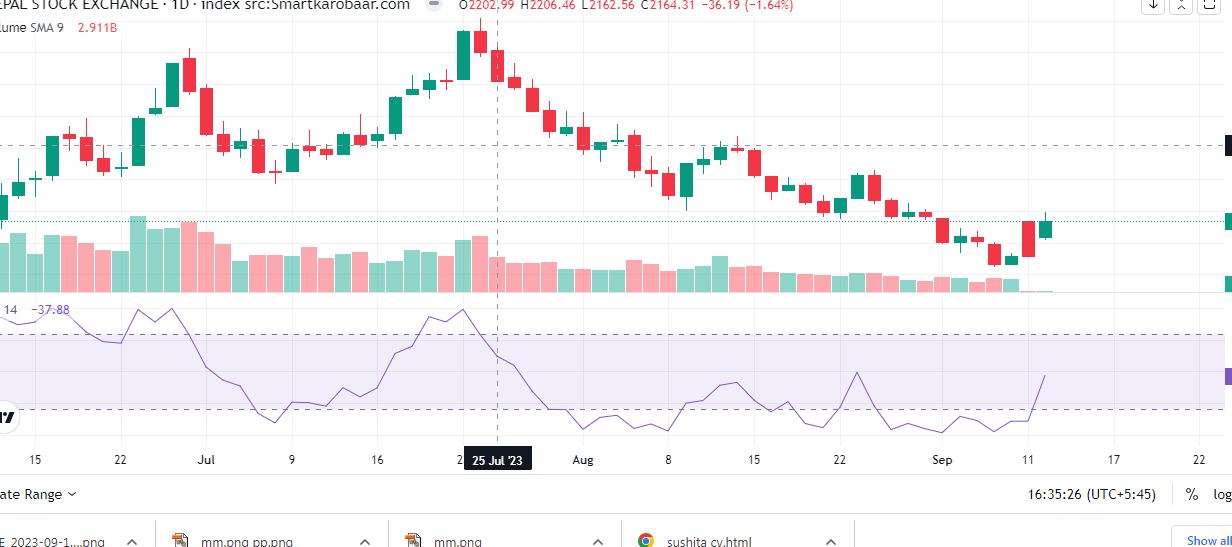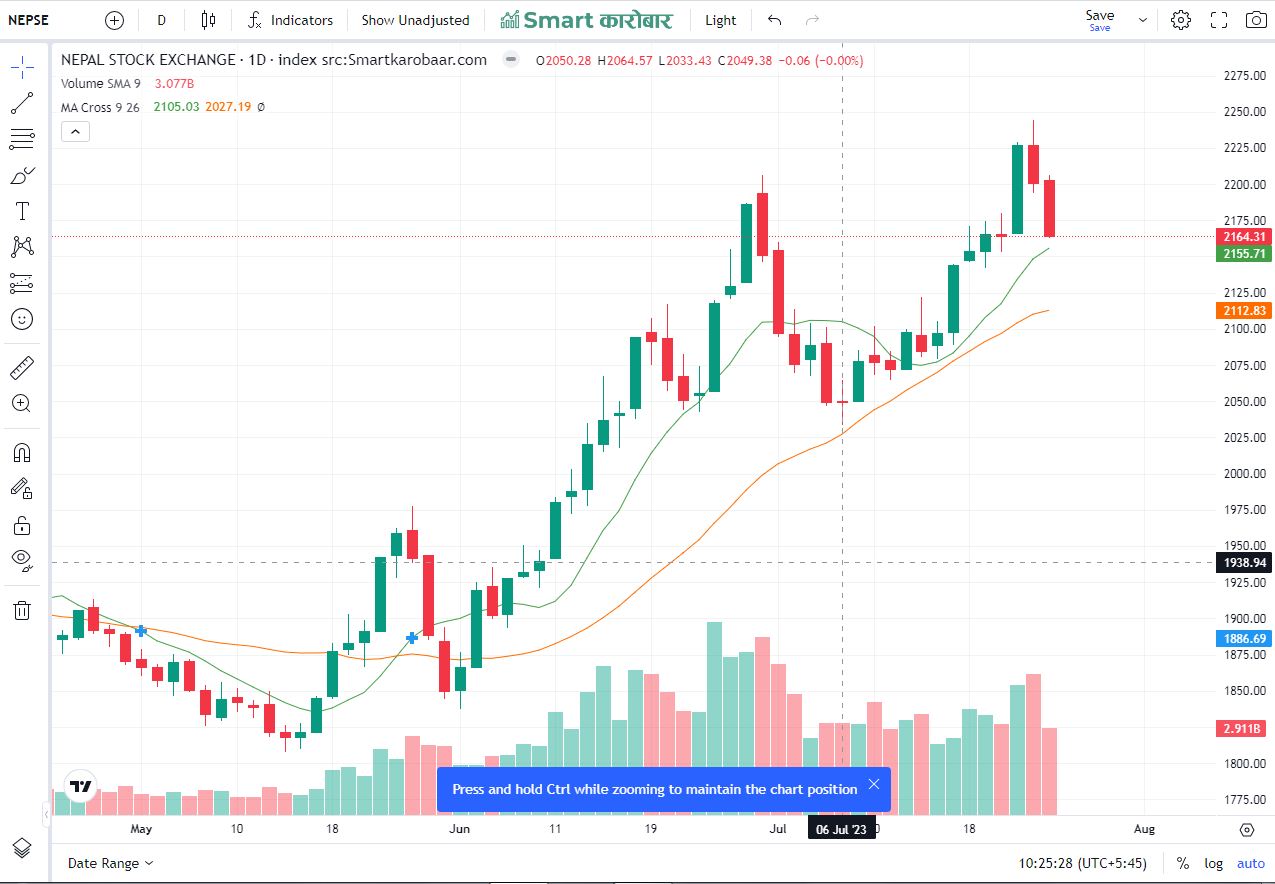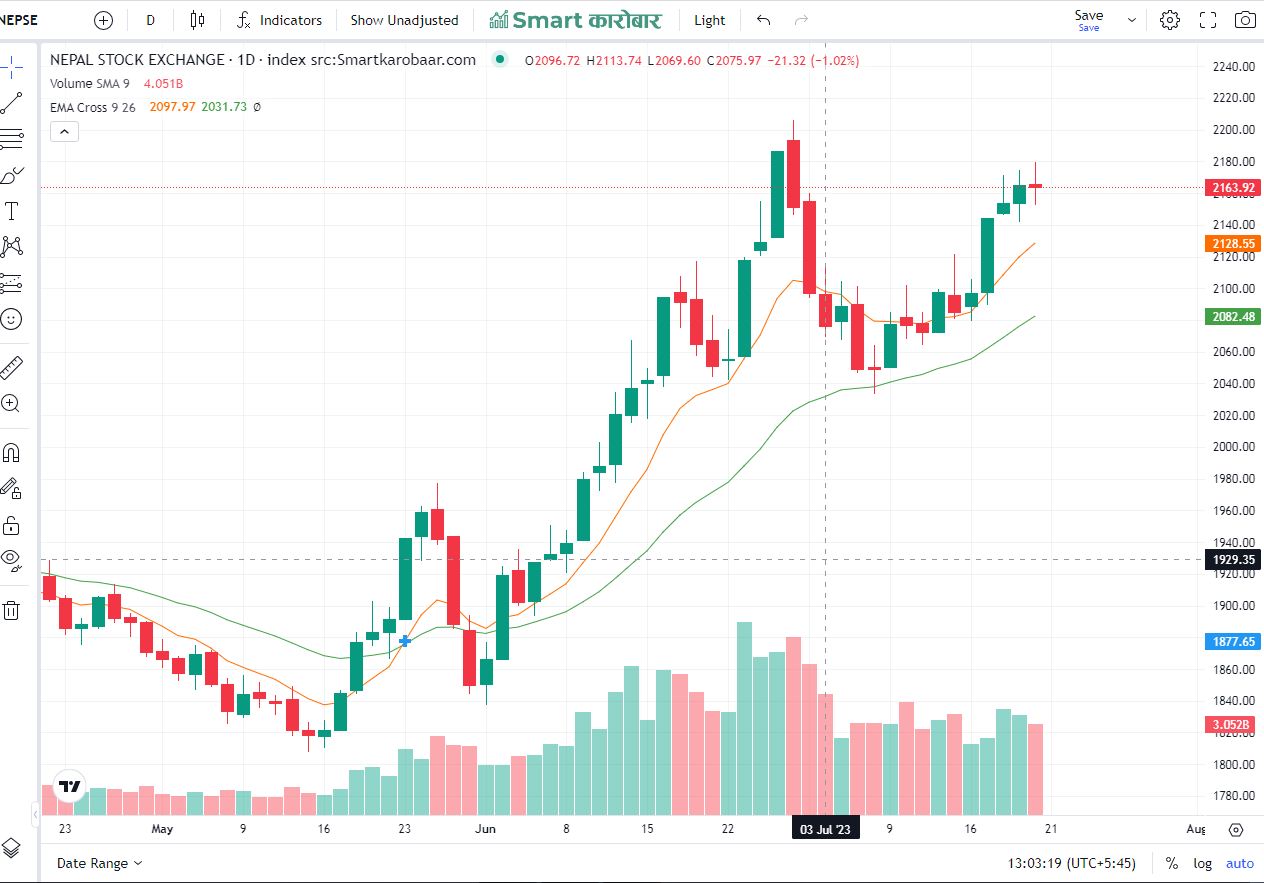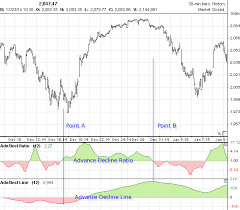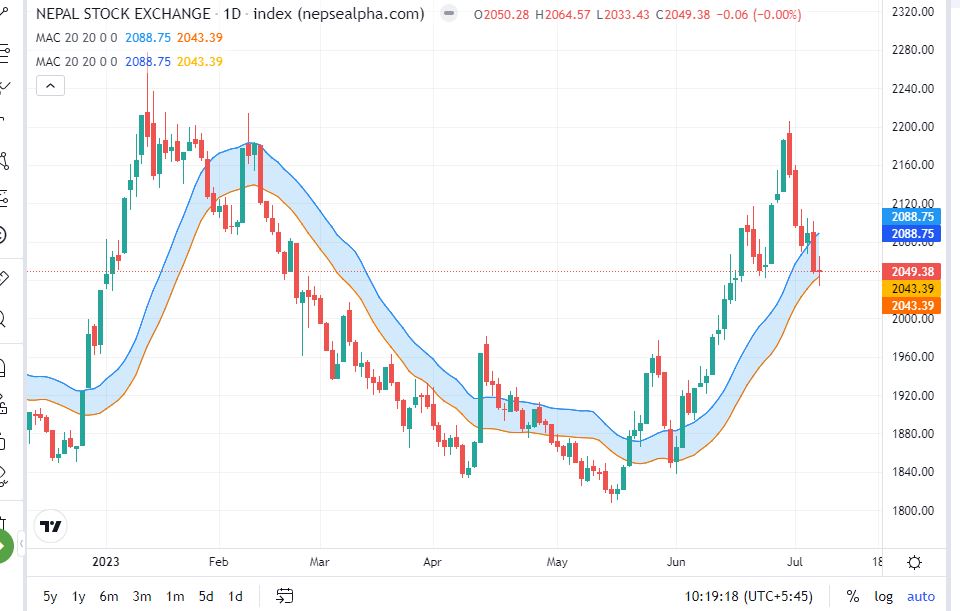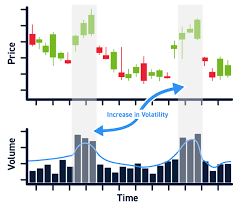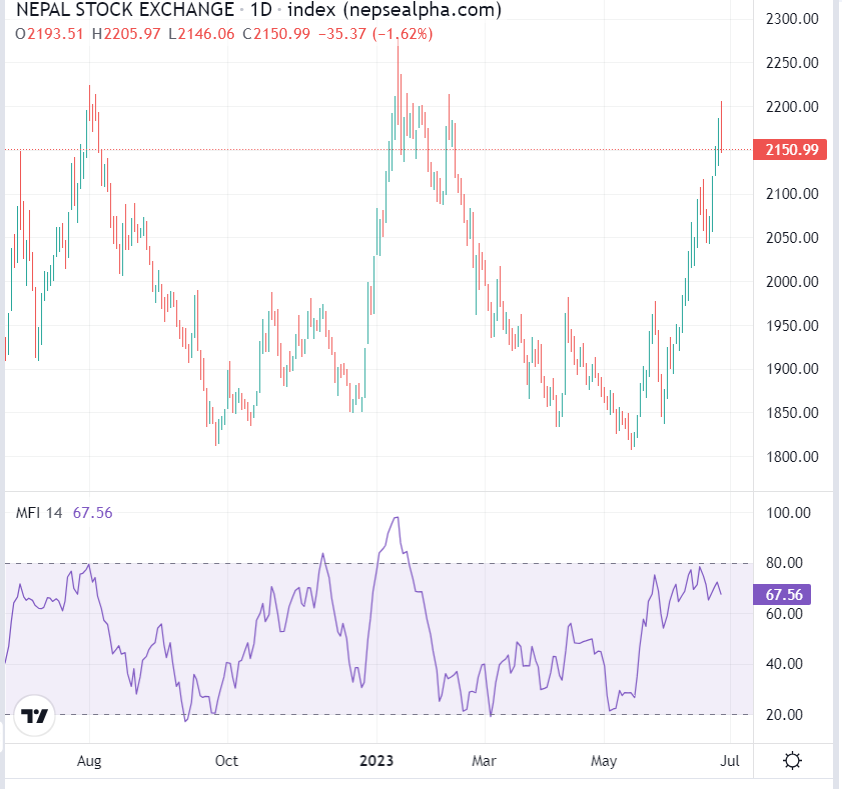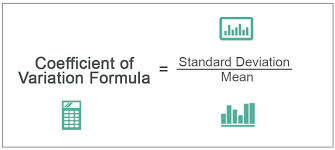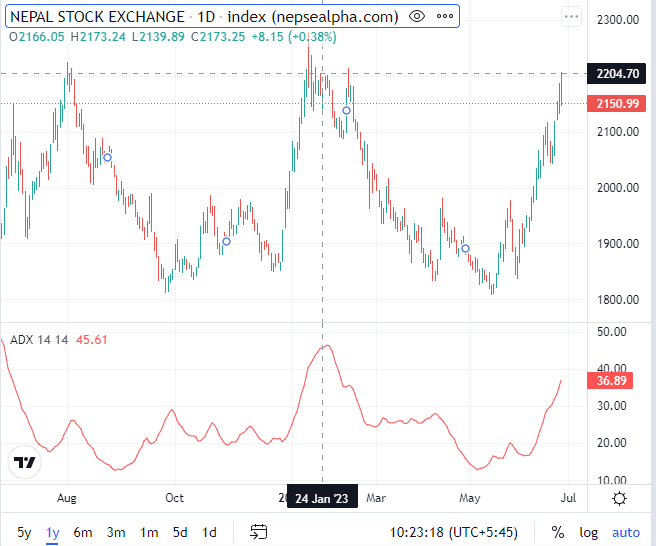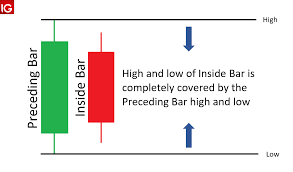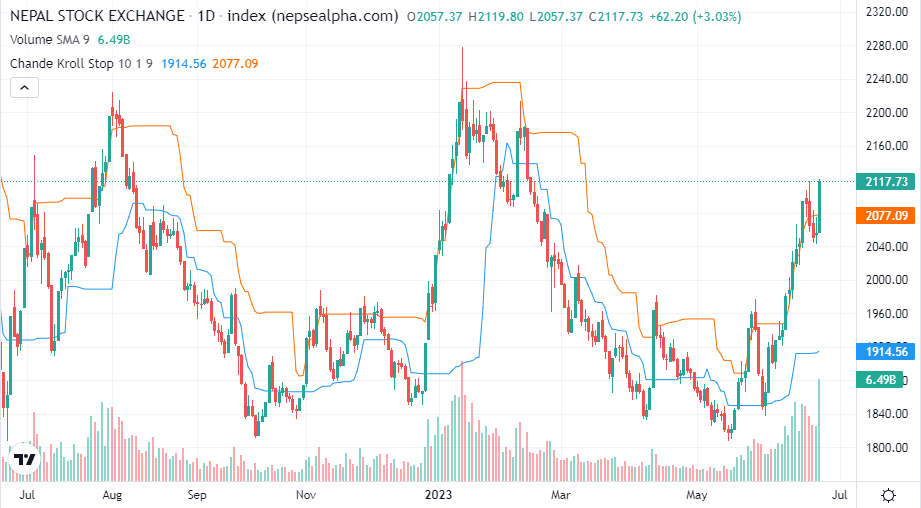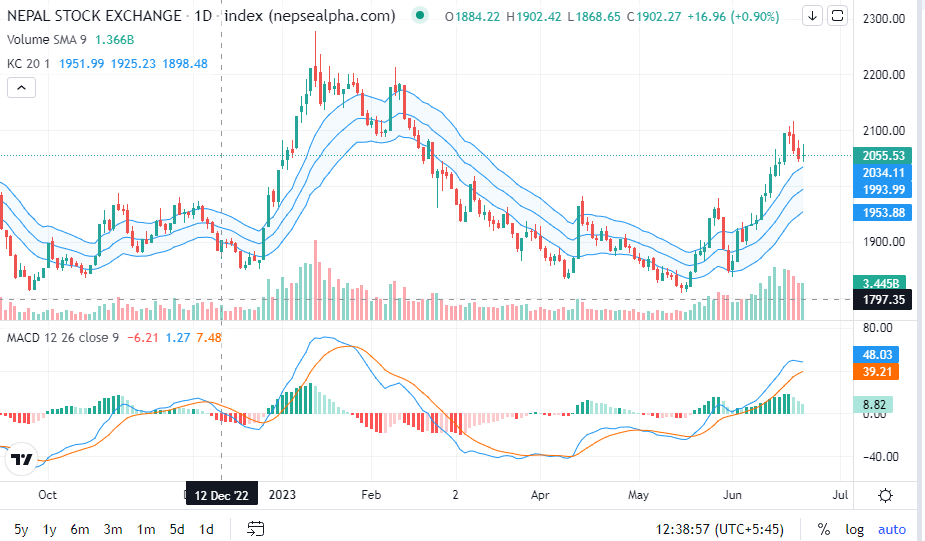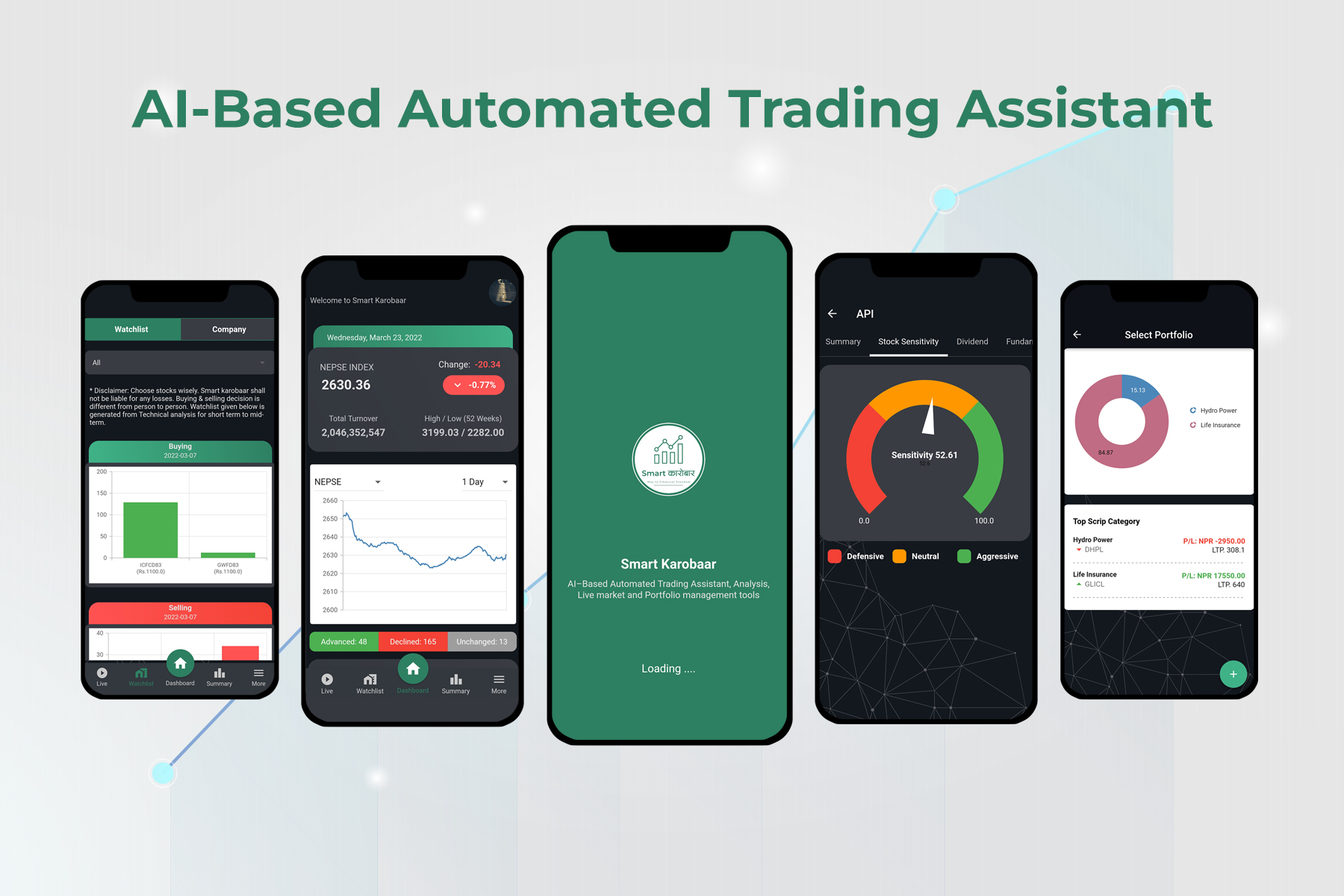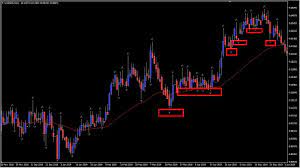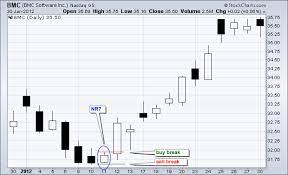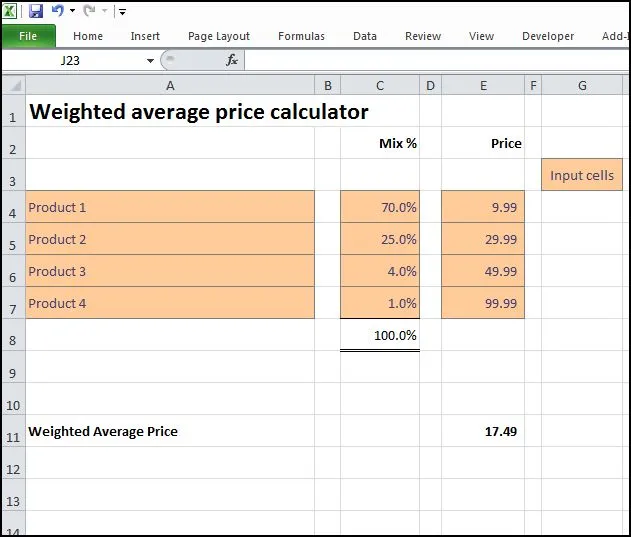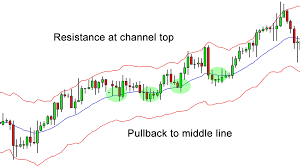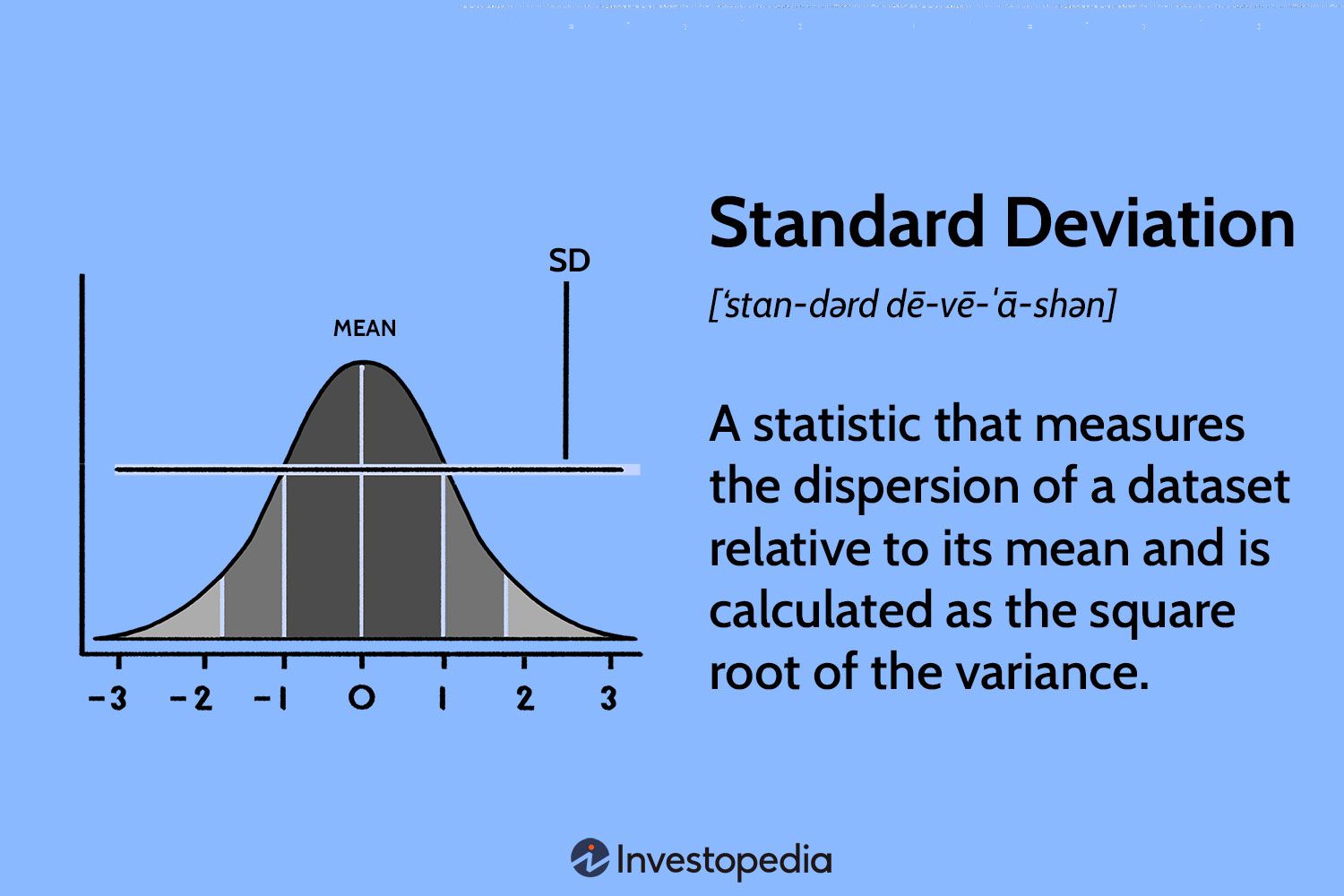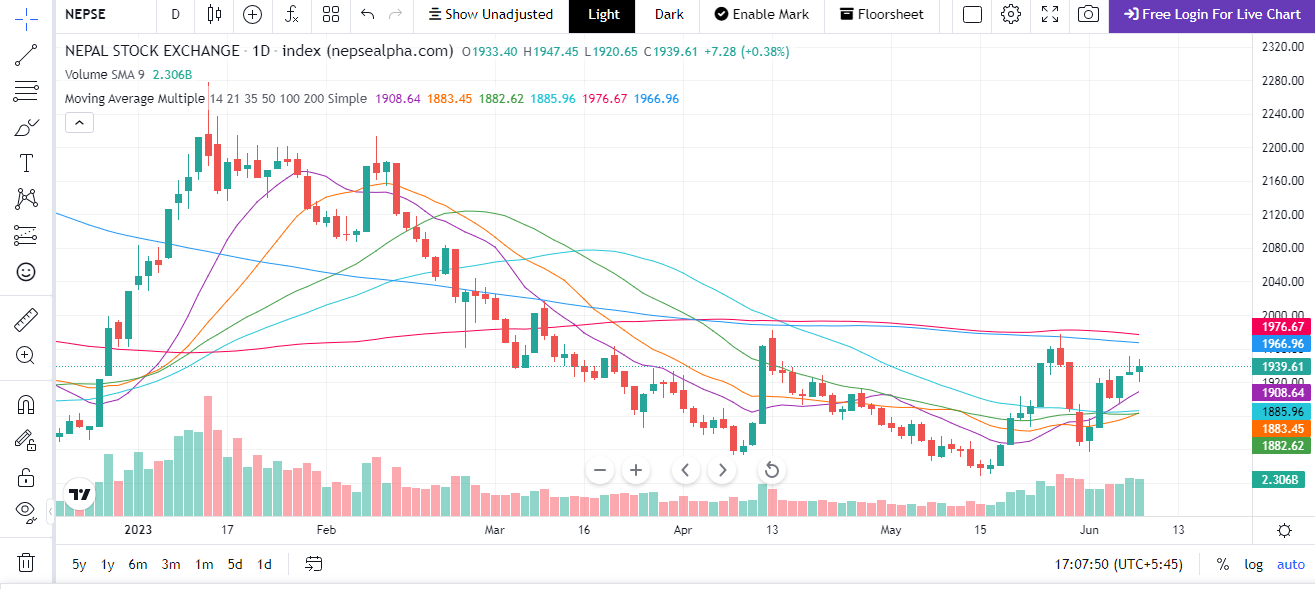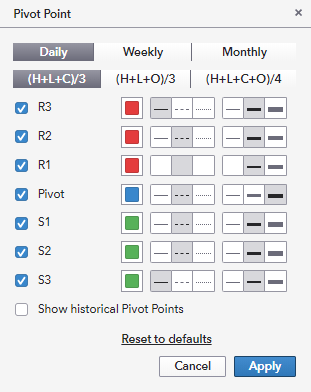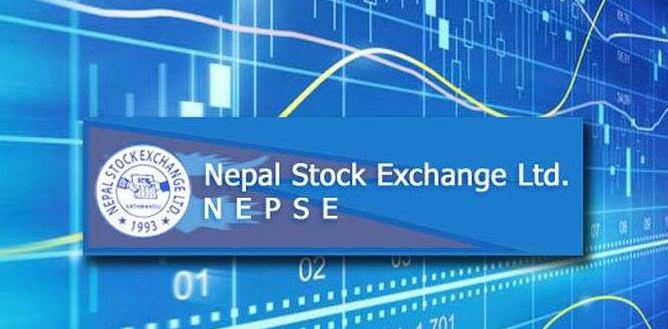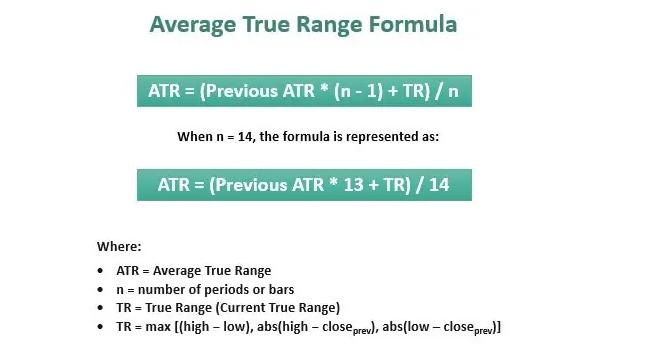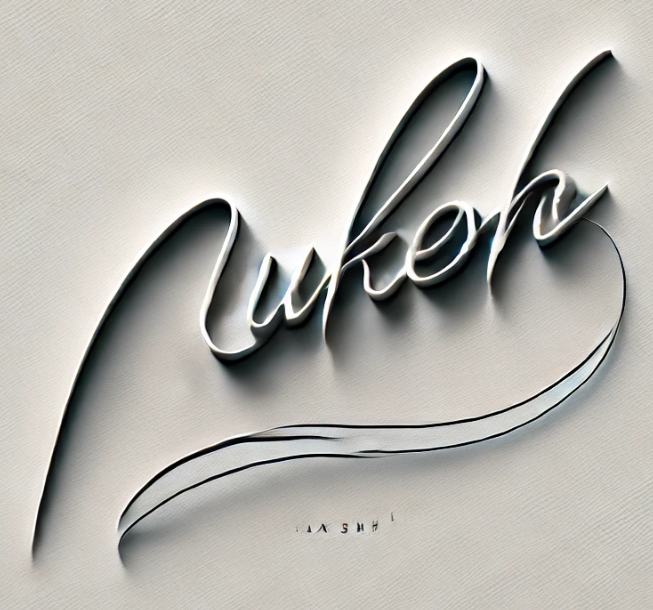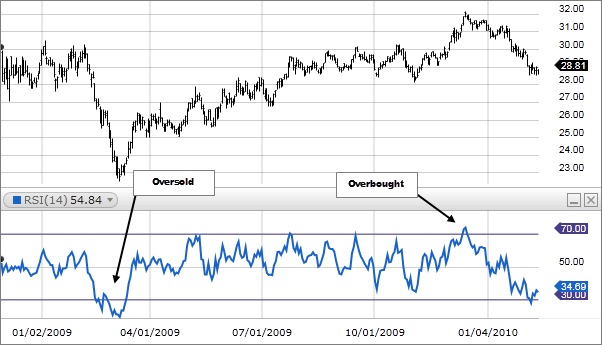Broker Commission in Nepal – Updated
A broker is a licensed company that provides a platform for individual investors to buy and sell stocks in the secondary market. Brokers act as intermediaries between buyers and sellers and charge a commission as per the rules and regulations. Without a broker, no one can trade stocks in the secondary market. In this post, we will explore the latest broker commission rates in Nepal for common equity shares, government bonds, and mutual funds.

1. Broker Commission For EQ
Broker commission for equity shares in Nepal ranges from 0.40% to 0.27%. The commission rate varies based on the trading amount. Generally, the higher the trading amount, the lower the broker commission, and vice versa. The broker commission percentage is deducted from the trading amount. For example, for a trading amount of up to 50,000, the broker commission is 0.40%, while for a trading amount above 100,00,000, the commission is 0.27%. Additionally, investors are required to pay a SEBON (Securities Board of Nepal) fee of 0.015% of the trading amount. The table below shows the current broker commission in Nepal.
| S.N. | Trading Amount | Charge in % |
| 1 | Up to 50,000 | 0.40 |
| 2 | > 50,000 & <= 5,00,000 | 0.37 |
| 3 | > 5,00,000 & <= 20,00,000 | 0.34 |
| 4 | > 20,00,000 & <= 1,00,00,000 | 0.30 |
| 5 | Above 100,00,000 | 0.27 |
2. Broker Commission For Government Bond
Government bonds are one of the most secure investments for investors, as they are generally issued by the central bank of the country to maintain financing. However, they offer very little interest to bondholders. The broker commission for government bonds is comparatively lower than equity shares, with rates ranging from 0.10% to 0.02% depending on the trading amount. Investors are required to pay a SEBON fee of 0.005% of the trading amount.
| S.N. | Trading Amount | Charge in % |
| 1 | Up to 5,00,000 | 0.10 |
| 2 | > 5,00,000 & < 50,00,000 | 0.05 |
| 3 | > 50,00,000 | 0.02 |
3. Broker Commission For MF
Mutual funds are temporary funds run and managed by an expert team to provide the highest possible return to its unitholders. Broker commission rates for mutual funds range from 0.15% to 0.10%, based on the trading amount. Investors are also required to pay a SEBON fee of 0.015% of the trading amount.
| S.N. | Trading Amount | Charge in % |
| 1 | Up to 5,00,000 | 0.15 |
| 2 | > 5,00,000 & < 50,00,000 | 0.12 |
| 3 | > 50,00,000 | 0.10 |
Depository Participant Charge (DP Charge)
Depository Participant Charge (DP Charge) is a fee that investors have to pay when buying or selling stocks in a dematerialized or electronic form. The DP charge is levied by the depository participant (DP) - an intermediary between the investor and the depository - for availing their services of holding the investor's securities in an electronic form.
DP charge is a flat transaction fee that is charged per transaction, regardless of the volume of stocks sold. In Nepal, the depository participant charge is NPR 25/- per company, for both buying and selling of stocks. This means that if an investor carries out multiple transactions of the same company, total charge will still be charged NPR 25/-.
However, if a person both buys and sells the same company's stocks in the same day, then the DP charge for those two transactions combined would be NPR 50/-. For example, if an investor buys 100 shares of a company and then sells the same 100 shares of the same company in same day, they will be charged a total of NPR 50 /- as DP charges for the two transactions.
In addition to the broker commission rates, investors are required to pay other fees, including a SEBON transaction charge of 0.015% of the trading amount, and a transaction fee of Rs. 25 paid to DP (depository participants).It is important for investors to carefully consider all the fees associated with trading stocks, bonds, and mutual funds, as they can significantly impact their overall returns. Additionally, investors should be aware of the risks associated with trading securities and consult with a financial advisor before making any investment decisions.

